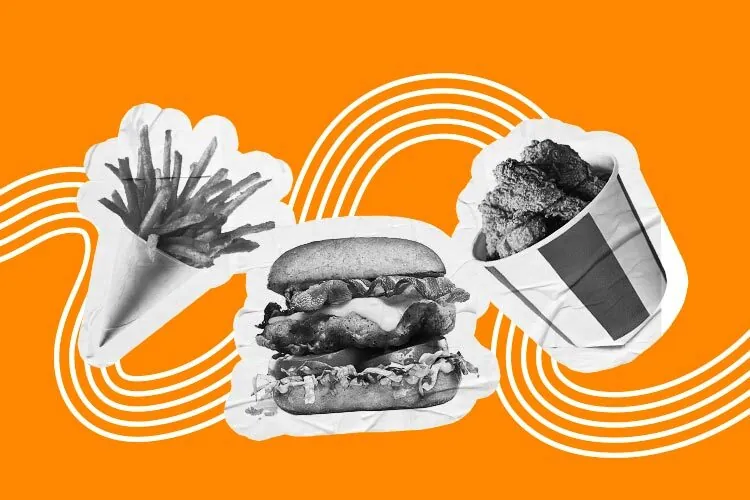Over the past few decades, ultra-processed foods have surged due to various factors, such as their accessibility, wide availability, and the fast-paced lifestyles many of us lead. Ultra-processed foods are classified as such because, more often than not, they fail to fulfill the primary role of food, which is to nourish.
To help identify these products, epidemiologist Carlos Monteiro developed the Nova system in 2009, which categorizes foods into four groups based on their degree of processing:
- Unprocessed or minimally processed foods contain no added sugar, salt, or sweeteners. Examples include fruits, seeds, and vegetables.
- Culinary ingredients: These are used to prepare foods. Examples are salt, oils, and sugar.
- Processed foods: These are made from ingredients in the second group. Examples include canned vegetables, fruit in syrup, and cheese.
- Ultra-processed foods: These are manufactured through complex industrial processes and contain no natural ingredients. Examples include chips, boxed cereals, and instant soups.
Beyond their lack of nutritional value, ultra-processed foods have been directly linked to higher risks of death from heart disease and diabetes, as well as issues like fatigue and sleep problems, according to a meta-analysis published in the British Medical Journal.
Another concern associated with ultra-processed foods is addiction. According to the Yale Food Addiction Scale, a tool designed to assess signs of “addictive” eating behavior, these products can trigger dependency in some people.
The findings reveal that between 14% and 20% of adults and 12% to 15% of children and adolescents may develop some degree of addiction to these products, mainly due to their high palatability, where consumption is driven more by pleasure than hunger.
Finding Balance in Your Diet
While some products can harm our health, it’s not necessary to demonize them. The key is knowing how to consume them in moderation, especially if we enjoy them or have limited alternatives due to time or economic constraints.
Cristina Chuck, a research professor at Tecnológico de Monterrey and head of the Health research group, emphasizes that food should not be evaluated solely by its processing level. Social factors, cultural practices, and individual needs also matter.
Every person is different: what a 20-year-old can eat is not the same as what’s suitable for a sedentary 40-year-old or a woman dealing with hormonal issues.
Preservatives in Food: Friend or Foe?
Food preservatives have often been scrutinized, sometimes due to the belief that they might harm health.
However, Jorge Welti from the “Emerging Food Technologies and Nutraceuticals” research group pointed out that these additives play an essential role in food sustainability, allowing products to stay fresh longer.
“If we don’t apply preservation processes, many products won’t make it to our tables,” says Welti, who also researches the design of products and processes for the food industry.
Despite these benefits, it’s advisable to avoid certain preservatives, like benzoic acid and sulfites, a group of sulfur-derived substances naturally formed in some alcoholic beverages and other foods. These substances control bacterial growth or other organisms that can alter flavor, but they have been shown to affect people with asthma negatively.
A similar situation arises with canned foods: although they are often considered unhealthy, their preservation ensures safe consumption.
When consuming different types of foods or products, the most important thing is to maintain a balanced diet and consult a specialist if you have any specific health conditions, as each body has different nutritional needs.
Tips for Including Ultra-Processed Foods in Your Diet
Dixia Ramírez, a professor and clinical nutritionist at the Instituto de Salud Digestiva de TecSalud, offers some general recommendations for a healthy and balanced diet if you include ultra-processed foods:
- Stay hydrated: Choose water, tea, or coffee without sugar or sweeteners.
- Consume processed meats in moderation: Whether turkey or pork, their impact on health is reduced when consumed in moderation.
- Avoid frappés and smoothies from coffee chains: These often contain large amounts of sugar.
- Opt for dairy with benefits: Fresh cheeses, rich in probiotics and proteins, are recommended, as other types may contain more fat.
Interested in this story? Want to publish it? Contact our content editor to learn more at marianaleonm@tec.mx.















